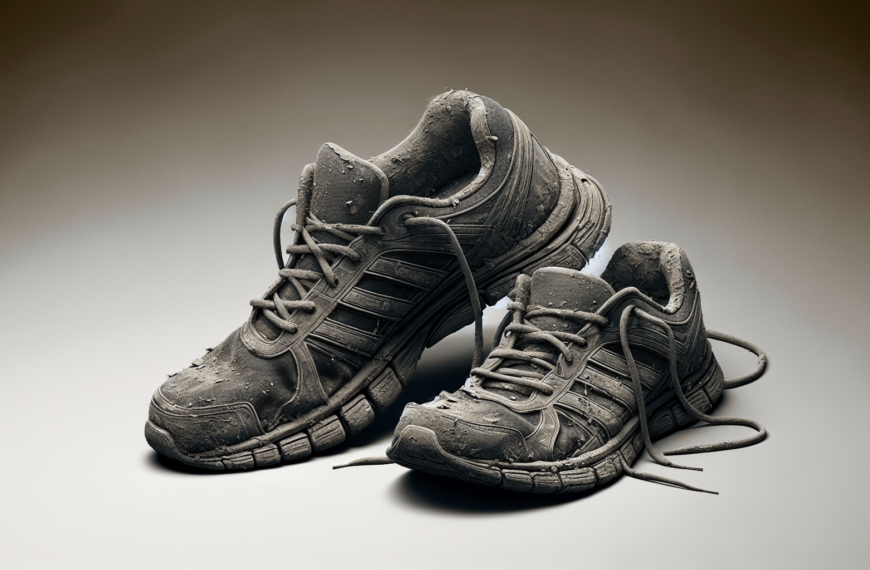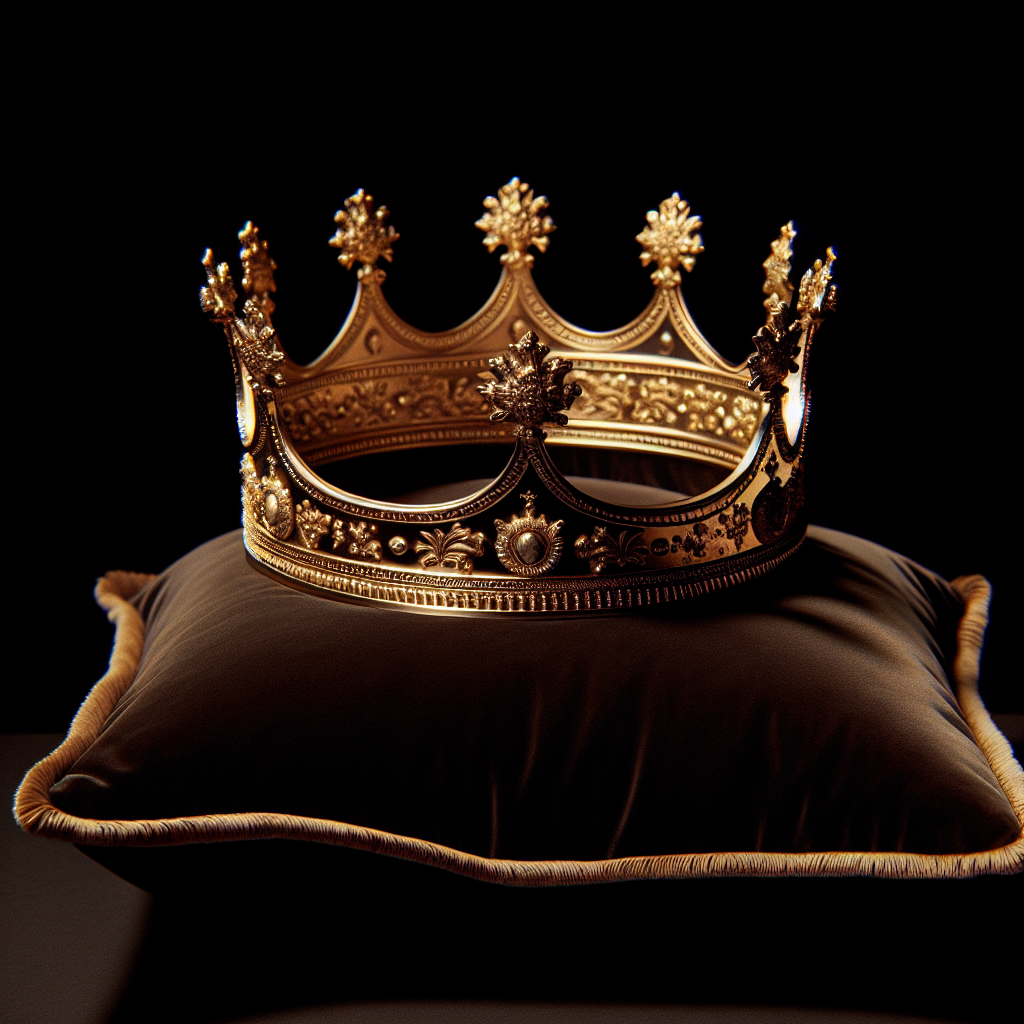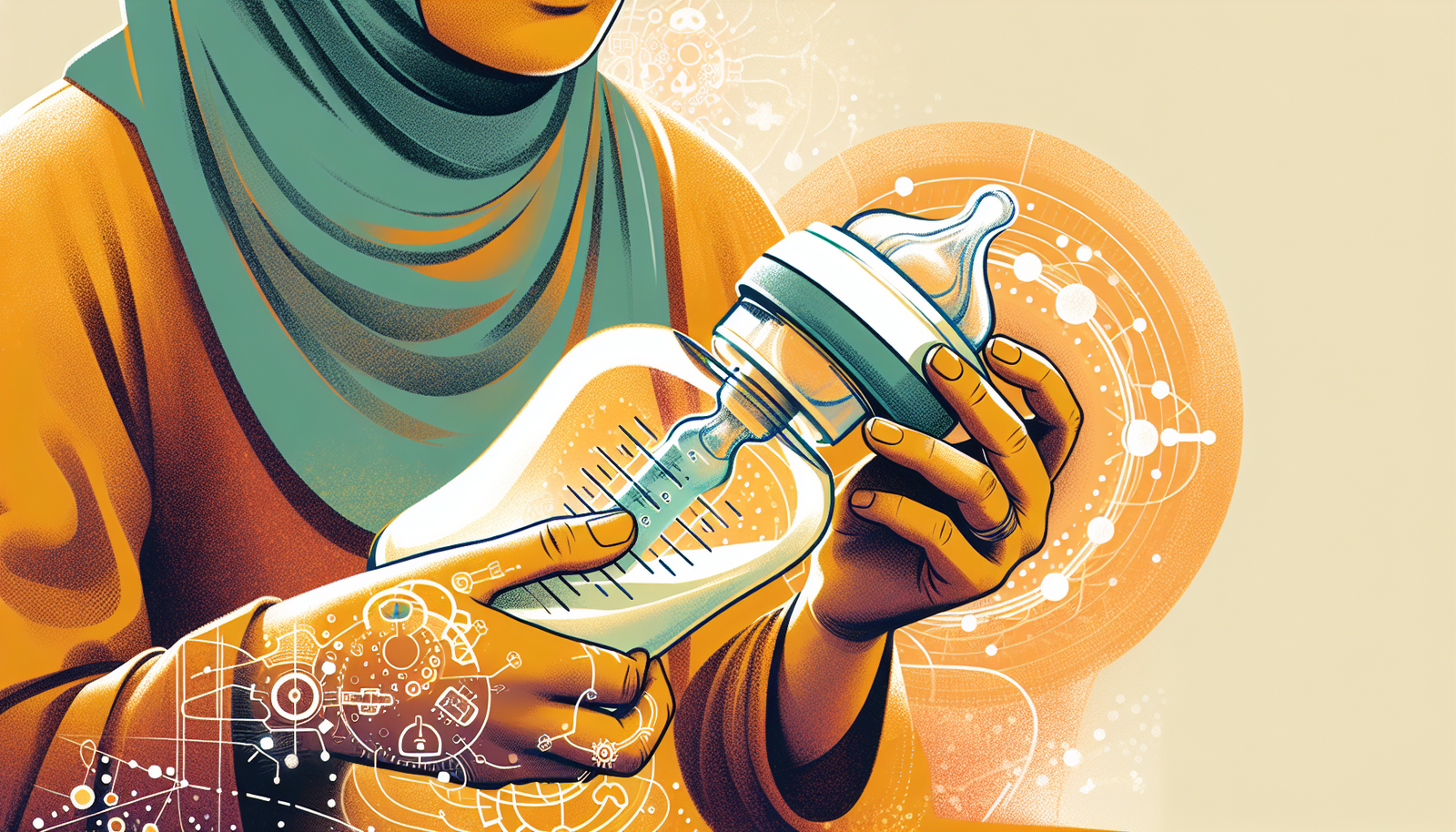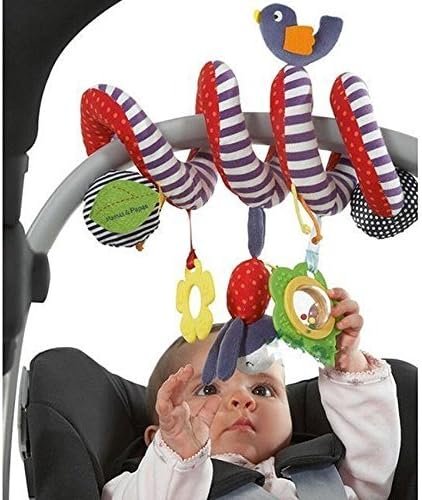The article titled “When Do Babies Start Walking?” provides valuable insights into the developmental milestone of walking in babies. The coordination of various factors such as muscle development, balance, and building upon previous skills are crucial in achieving this milestone. The article explores the average age at which babies start walking, the stages of learning to walk, signs that indicate a baby will walk soon, ways to encourage walking, when babies should start wearing shoes, and what to do if a baby is not walking yet. Furthermore, it highlights the next milestones that babies will achieve once they can walk independently. Overall, this comprehensive article offers a wealth of information for parents and caregivers who are curious about the journey to walking in babies.
Read more about the latest articles
When Do Babies Start Walking?
If you’re wondering when babies start walking, taking their first steps involves the coordination of several factors. An infant’s developing muscles, sense of balance, and ability to build upon skills used for sitting and standing all contribute to their achievement of the walking milestone. The average age at which babies begin taking their first steps is around 12 months, but it’s important to remember that every child is different. While this is the average age, your baby may take their first steps months earlier or later. Most babies learn to walk anywhere from 9 to 17 months. Once they learn to walk, it may take some time for them to maintain their balance consistently.
Stages of Baby Learning to Walk
To learn how to walk, your baby will build upon skills they have already mastered. These include rolling over, sitting up, crawling, etc. Some babies may prefer to scoot or slither around instead of crawling. Once they learn how to pull themselves up to standing, they may hold onto furniture or your legs. After mastering this skill, they can begin to cruise along furniture. As their balance improves, they may practice standing without holding onto anything. Next, as your baby’s confidence increases, they may take their first shaky steps. You may notice at first that their feet are wide apart. This stance is temporary while they work to improve their balance. Their initial attempt at walking will likely not get them very far, but many toddlers progress from taking their first steps to actual walking within days.
What Are the Signs Your Baby Will Walk Soon?
There are a few key signs that indicate your baby will start to walk independently soon. One sign is the ability to pull themselves up to a complete stand. Another sign is when they start to hold onto furniture while taking steps. And finally, being able to stand without holding onto anything is another indication that your baby will be walking soon.
How To Encourage Your Baby To Walk
Once your baby can stand independently, you can help them learn to take their first steps by holding their hands and walking with them. Being physically close to your child as they explore this new skill may help them feel safe as their confidence gradually increases. They can also practice independently by pushing a flipped-over laundry basket or steady and supportive push toys around the house. To encourage your baby’s first steps, you can try standing at a short distance and motivating them to move toward you by showing them a fun toy. Creating a safe environment for your infant as they learn to walk is key to avoiding accidents. But unfortunately, falls are inevitable. When your child falls, offer a quick, comforting hug and encourage them to try again. They will be looking at your reaction to their accident. If you remain calm, you can provide your child with sturdy reassurance.
When Should Your Baby Start To Wear Shoes?
While your baby is learning how to walk indoors, shoes are not necessary. Bare feet or socks with grips can help support normal foot and toe development. Once your infant begins walking outside, they should wear shoes to protect their feet.
Read more about the latest articles
Baby Isn’t Walking Yet: When To Talk With Your Doctor
While it’s normal for babies to reach developmental milestones at different ages, there may be times when you should consult with your child’s doctor if they are not walking yet. It’s important to remember that every child achieves developmental milestones in their own time. However, if you’re concerned that your child may have a developmental delay, it’s best to talk to their doctor. Some reasons for late walking in babies include genetics, cautious and content personality, adjusted age (for preterm babies), and hypotonia (low muscle tone). An assessment by a healthcare professional can help determine any underlying issues and provide appropriate guidance or intervention if necessary.
You Have a Walking Infant: What Milestone Comes Next?
Once your baby can walk independently, they will practice stopping, changing directions, squatting, and standing. Running comes next, although this may not happen until 15 to 18 months for some kids. Your baby will continue to build upon their new skills and soon be able to do things like climb on and off a chair or sofa, kick a ball, and go up a few stairs without help.
Your baby’s first steps require effort, and mastering this new skill takes time. It can be difficult to watch your baby struggle as they take on this endeavor. However, your comfort and encouragement will provide the support they need. When your baby is ready, they will build upon the milestones they have already achieved and bravely begin taking their first steps!
















